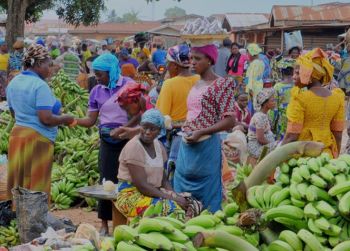Nutritional knowledge and practices among residents in Kano Metropolis, Nigeria
Abstract
Poor nutrition knowledge and unhealthy dietary practices contribute to the rising burden of non-communicable diseases in many low- and middle-income countries, including Nigeria. This study aimed to assess the nutritional knowledge and practices of residents in Kano Metropolis, a rapidly urbanizing region in northern Nigeria. A descriptive cross-sectional study was conducted among 420 participants (186 males, 234 females), aged 15–70 years. A validated FAO-UN questionnaire was used to collect data on socio-demographic variables and nutrition-related knowledge and practices. Data were analyzed using STATA v24.0, employing Chi-square tests to assess associations. Female participants exhibited higher levels of nutritional knowledge and healthier dietary practices than males (p < 0.05). This may be attributed to education exposure, particularly nutrition-related subjects in secondary schools. Participants had good awareness of balanced diets, but knowledge gaps existed in nutritional risks and harmful food choices. Most participants stated that they often did not plan for a balanced diet, often did not consume high-fiber foods, and did not exercise regularly. Women more often stated they ate nutrient dense and high protein foods and men more often used nutritional supplements. These results underscore the need for widespread nutrition education programs and the integration of nutrition curricula in schools.

Authors retain all copyrights. In making a submission to World Nutrition, they are certifying that all material is theirs except quotations, as indicated, and that they have obtained permission for any photos, tables, or graphics taken from other publications or websites.




